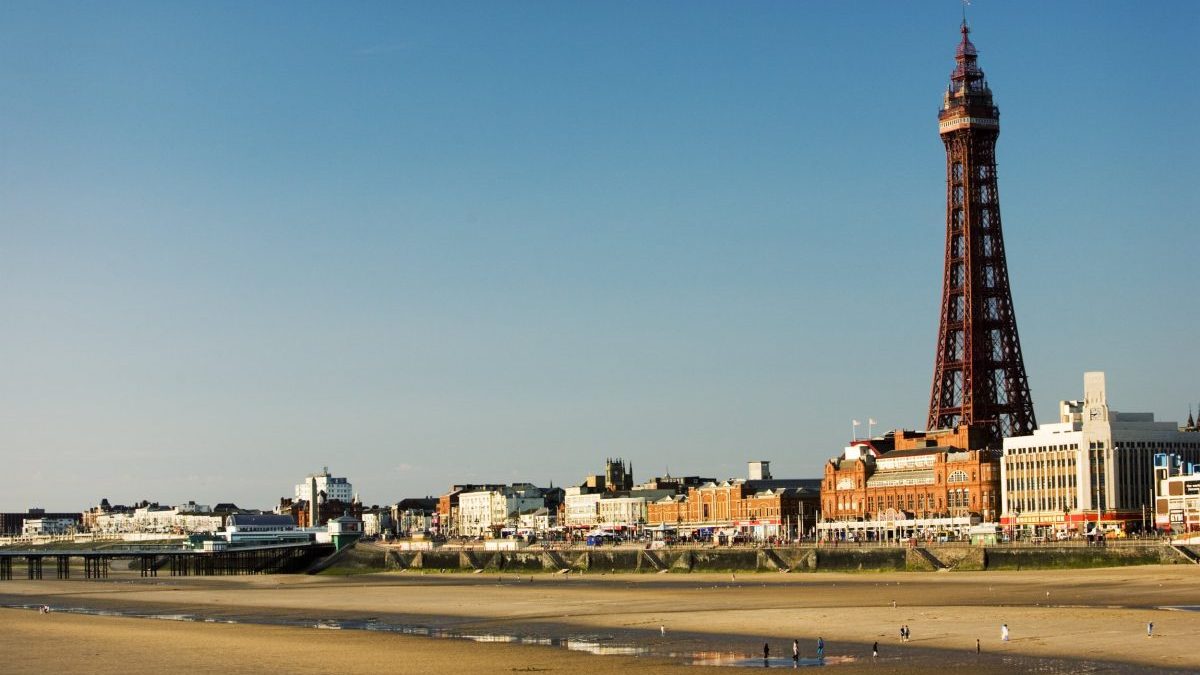Life expectancy for men is just 73 in some areas – less than a decade above state pension age
People in swathes of the UK could soon have life expectancies that are just five years above the state pension age.
The state pension age is currently 66 but is due to rise to 67 over the next few years.
Under current plans, it could then rise to 68 in the 2040s, although a Government review is looking at bringing this forward.
Some experts have suggested that it is likely the state pension age will end up rising to 68 from the 2030s.
Last year, the International Longevity Centre said the UK would need to increase the state pension age to 71 by 2050 to keep up with longer life expectancy and maintain the status quo of the number of workers per state pensioner.
Life expectancy varies massively across the UK, but in some parts of the country, it is as little as 73 for men, according to the Office for National Statistics. It is generally higher for women because of a combination of lifestyle and genetic factors.
Assuming life expectancy does not rise dramatically over the coming decades, there is a chance that some people will face living on average just five years beyond the state pension age.
So, where is life expectancy lowest and longest? The i Paper looks at the figures to find out.
Where is life expectancy lowest?
In England, Wales, and Northern Ireland, life expectancy at birth is lowest in Blackpool, Lancashire, for men. Below are the areas with the five lowest life expectancies for men, as of 2020 to 2022.
Blackpool 73.41
Manchester 74.8
Kingston upon Hull, City of 75.04
Blackburn with Darwen 75.15
Liverpool 75.32
For women, it is a slightly different story. Below are the areas with the five lowest life expectancies for women, from 2020 to 2022.
Blaenau Gwent 78.88
Blackpool 78.98
Manchester 79.22
Liverpool 79.31
Knowsley 79.32
The tables below show life expectancy for women and men across England, Wales, and Northern Ireland.
The highest life expectancy for men is found in Hart, Hampshire, where it is 83.74. For women, it is Kensington and Chelsea, where it is 86.34.
Can you retire before state pension age?
Although you cannot currently collect your state pension before 66, this does not mean you have to wait until then to retire.
You can collect any private pension you have saved from 55 (rising to 57 from 2028). You can then use this money to buy an annuity – a fixed income for life – or draw down the money from your pension pot.
Remember, though, the earlier you access your pension, the fewer funds you will have, as you will have to make the money last longer.
You will also be retiring without the back-up of the state pension.
For those getting the full new state pension – which required 35 years of qualifying national insurance contributions or credits – this equates to £221.20 per week.
How to boost retirement pot before state pension age
There are several ways you can boost your retirement pot before you hit state pension age.
If you are employed, your first step should be to check the pension benefits your employer offers. All employers must provide a workplace pension scheme and contribute a minimum of 3 per cent of your salary by law.
But some employers will be more generous than this. Some may pay in a percentage that is well into double figures, or will offer to “double-match” your contributions up to a certain amount.
The performance of the investments held within your pension will play a big part in the size of your pension pot at retirement age.
If you are young, or perhaps are at least 10 years away from your desired retirement age, financial advisers may recommend taking more investment risk. This means putting more of your money in equities (stocks) and less in bonds.

